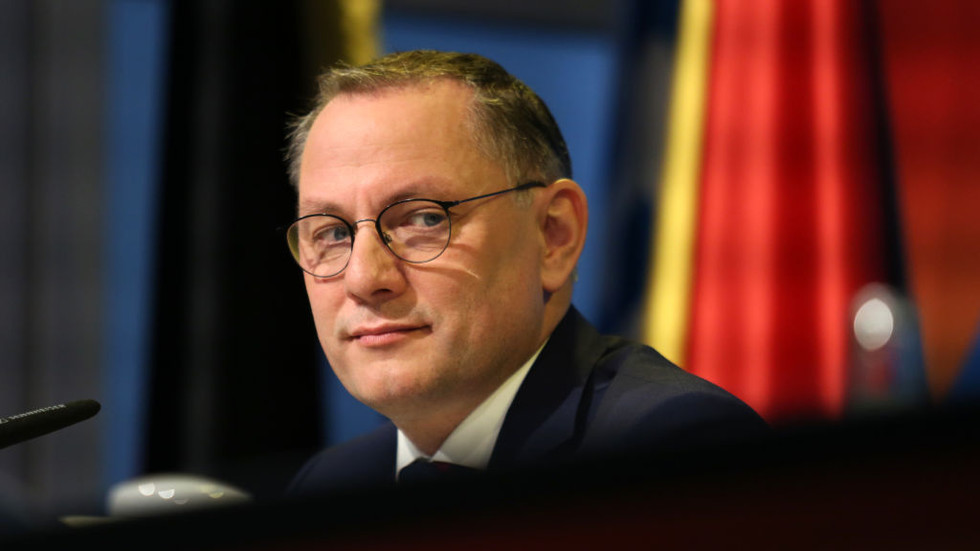Tino Chrupalla, co-leader of the Alternative for Germany (AfD) party, has recently sparked debate regarding NATO’s role and relevance in contemporary Europe. Chrupalla posits that NATO, once established as a defensive alliance, has evolved away from this original purpose and now appears to predominantly serve U.S. interests. He asserts that European nations, including Germany, must reassess the value of their NATO membership, suggesting that the alliance is more about aligning with American priorities than addressing the security concerns of European countries. His remarks highlight a growing perspective among some in Germany that NATO is not adequately respecting the interests of all member states, particularly in relation to Russia.
Chrupalla contends that NATO’s current posture is confrontational, especially towards Russia, which he believes diminishes prospects for reconciliation between European nations and Moscow. He emphasizes that fostering a peaceful Europe requires an acknowledgment and respect for Russia’s interests, as well as a fundamental reevaluation of NATO’s foundational goals. This perspective is particularly relevant given the geopolitical tensions heightened by Russia’s involvement in Ukraine. The AfD leader argues that a truly effective defense alliance would seek to unify rather than divide European nations and this disunity could compromise long-term peace and stability.
The context of these discussions is important, as Germany’s membership in NATO dates back to 1955, during the Cold War, when the alliance was primarily concerned with countering the Soviet threat. At that time, NATO’s role allowed West Germany to focus resources on reconstruction and domestic welfare, relying on the United States for defense. Historically, NATO’s purpose, articulated by early officials, included inhibiting Soviet expansion, maintaining U.S. influence in Europe, and containing German power post-World War II. This historical legacy adds layers to Chrupalla’s critique, navigating contemporary threats and reevaluating Germany’s place within both the alliance and broader European security.
As the AfD prepares for upcoming snap elections, their policies—anchored by Chrupalla’s statements—are resonating with a segment of the electorate concerned about foreign policy directions. Polling suggests that the AfD is gaining traction, currently polling at about 18%, positioning itself ahead of Chancellor Olaf Scholz’s Social Democrats yet trailing the Christian Democratic Union (CDU). This electoral landscape creates challenges for the AfD, which aims to capitalize on rising discontent while facing a coalition-building environment where mainstream parties have consistently rejected collaboration with them.
The nomination of co-leader Alice Weidel as the AfD’s candidate for chancellor marks a significant step for the party, as it is the first time they have put forth a candidate for Germany’s top political position. Weidel’s platform includes stringent immigration restrictions, a rollback of existing climate policies, and a cessation of military support to Ukraine. Her assertion that “we want peace in Ukraine” reflects a startling pivot from mainstream German position, signaling a potential shift in how Germany might approach both regional security and its contributions to NATO under an AfD government.
In conclusion, the AfD’s position challenges the status quo regarding NATO and Germany’s role within it, inviting a critical reassessment of what alliances mean in the modern geopolitical climate. Chrupalla’s statements, alongside the party’s electoral strategy, illustrate a party dynamically engaging with issues of national interest, sovereignty, and European unity. The assertion that “Russia has won this war” highlights the stark divergence between the AfD’s perspective and that of Germany’s traditional political factions. As the political landscape shifts in anticipation of the upcoming elections, the implications of the AfD’s stance on NATO and Russian relations will be pivotal in shaping future discourse around security and foreign policy in Germany.

